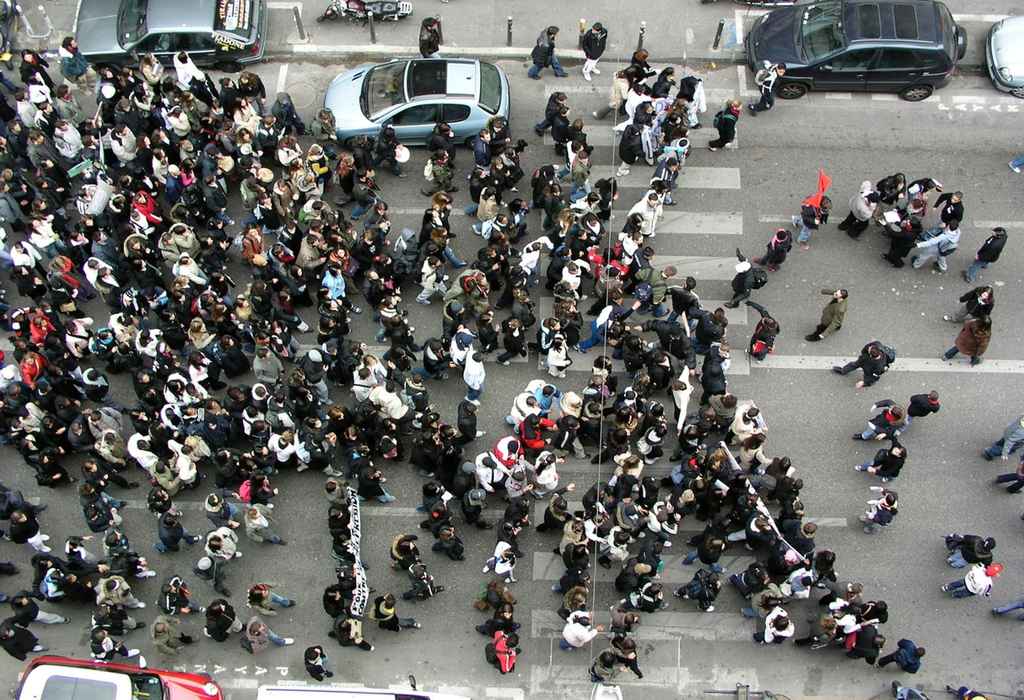Ir. E.B. (Budi) Santosa MSc
- Nieuwe Achtergracht 166
-
Postbus 15509
1001 NA Amsterdam
-
Profile
Landscape governance involves multiple actors, who operate at different levels and have diverging interests. Disputes and tensions between landscape actors abound – either resulting from past or current decision-making. Such potential conflicts also exist in the Bromo-Tengger-Semeru (BTS) National Park landscape, where conservation interests potentially compete with the cultural values and livelihood needs of the indigenous community living inside the area. The tourism programme initiated by the national government has added to the complexity. Knowledge on how landscape governance can be made more interactive and inclusive of the local community is scarce. This study aims to address this scarcity with a focus on the different knowledges used in landscape negotiation processes.
The research raised question on how are different kinds of knowledge used in negotiating competing values and interests in the governance of the Bromo-Tengger-Semeru (BTS) landscape (Java, Indonesia) and how can these negotiations and governance processes be made more inclusive?
This study applies interactive governance theory to study interactions between actors in the governing system and the system-to-be-governed (Kooiman et al., 2005). Specific attention is thereby paid to the use of knowledge in multi-stakeholder decision-making.
Fieldwork will encompass a case study in two villages in BTS National Park, East Java, Indonesia. Content analysis of written (online) sources such as policy documents and news archives will be conducted to generate insights into landscape governability. Interviews will be held to identify stakeholders, their values, interests, and networks. Participatory cognitive value mapping will be employed to identify the knowledge and values of various actors in the landscape. Finally, participant observation and analysis of meeting reports will be applied to capture the negotiation process (multi-actors, multi-knowledges, multi-interests) in decision-making about the BTS landscape. The research approach is qualitative and spatial in nature; qualitative data supported by Atlas.ti, and geographic information analysis will be used to code and analyse the data.
The primary goal from the project is to generate insights into the governability of the landscape and how this is being shaped through communication and negotiation processes between landscape actors and actor networks with different knowledges, values and interests. The ultimate goal is to contribute insights that can help make landscape governance more interactive and inclusive of local and indigenous knowledge and values, for a more equitable landscape.
Expertise and research fields
- Rural-urban sociology
- Traditional settlement
- Governance analysis
-
Research
Research methods
- Protected area
- Interactive governance
- Indigenous wordviews
- Cultural values
- Co-Governance Innitiative
Current research projects
Interactive Governance in Bromo-Tengger-Semeru National Park, Indonesia
This research attempt to unpacked on how some of the Co-Governance Innitiative Organizations’potentials to foster the protected area governance to be more inclusive for indigenous people’s cultural values who lives within this area. -
Ancillary activities
- No ancillary activities
